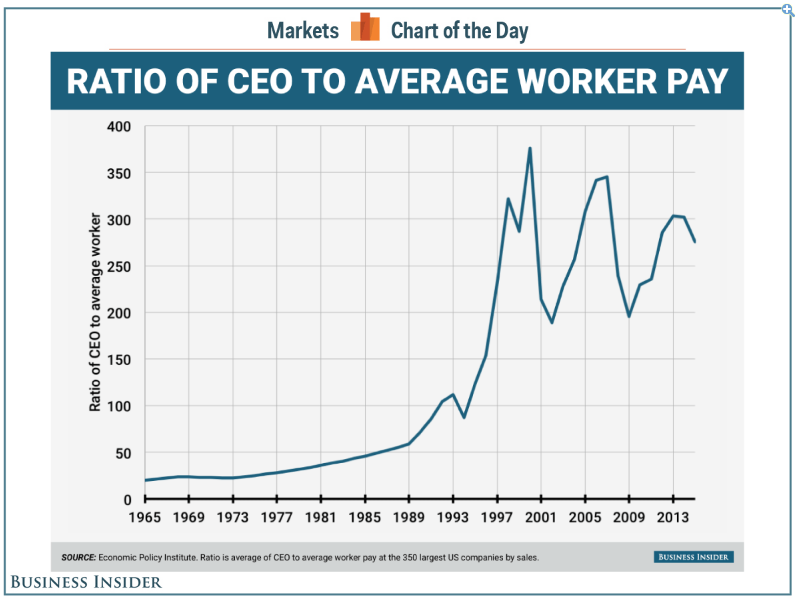I’m a Taylor Swift fan. I love that everyone tries to bring her down and she just keeps rolling along writing breakup songs, dating again, writing more breakup songs, dating again, writing more breakup songs…you get the picture, I like breakup songs!
The one thing you don’t want to do if you’re close to Taylor Swift is wrong her in any way! If you do, know that will end badly for you and probably another hit record for her! Check out what happened when some of her dancers wanted to leave for another tour:
Apparently, three of Swift’s backup dancers had left her tour in 2013 to join pal Perry’s tour. All three had worked with Perry before they ever worked with Swift, and pretty much no one not intimately connected with either tour would’ve known the transaction had ever occurred until TMZ reported —in September 2014, a year later—that Swift was mightily ticked off by the dancers’ decision, firing them on the spot after they gave notice.
So, the dancers do what we tell them they should do, give your two-week notice. Taylor, like many employers today, accepts their resignation by kicking them out immediately!
That’s the big question today, isn’t it? As an employee, should you give the ‘standard’ two-week notice? As an employer, should you accept that two weeks or kick them curb like the unloyal swine they are!?
As with everything, it depends, right?
Here are my rules on two-week notices:
1. If the employee completely sucks and was basically dead-employee-walking, might as well thank them for nothing and have them leave immediately!
2. If your employer is evil, no need to really stay around for two weeks and be treated terribly.
The problem with both 1 and 2 is it takes a sane person to make this judgment. That’s the problem usually, bad employees and bad employers aren’t sane! So, we probably need to add some other rules.
3. If the employee who gave two-weeks can cause harm to the organization by hanging around (recruiting other employees away, stealing trade secrets, messing up client relationships, etc.), even if they were a good employee, probably need to cut bait.
4. If you’re an average to above average employee and want to retain this relationship, you probably want to work out the two weeks.
5. Employees working out the two weeks notice know it’s tough not to look ahead. That being said, try and leave no surprises for anyone after you leave.
I still think most employers believe if you give a two-week notice, you should plan on working that out. You never know – read that again – YOU NEVER KNOW where you might end up in life and who you might run into. Skipping out on the two-week notice and be career limiting and you’ll never know how it might limit you!
On the employer side, if you decide to skip the two-week notice and kick a kid to the curb, I suggest, at a minimum, you should pay out that two weeks. I get that sometimes it just doesn’t work for you to keep someone around who has one foot out the door, but that might not be the case for everyone, so at least make them whole if you don’t want them around.

